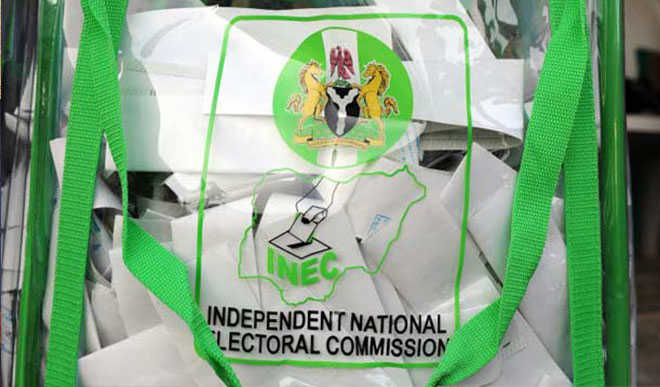Addressing voters’ apathy in Nigeria
The recently concluded Local Government election in Lagos State has once again brought to fore the issue of voters’ apathy in the country. According to reports, voters turn out during the last Lagos Council poll wasn’t in any way encouraging. For instance, reports had it that at Unit 026, Ward F, Alausa, Ikeja, less […]


The recently concluded Local Government election in Lagos State has once again brought to fore the issue of voters’ apathy in the country. According to reports, voters turn out during the last Lagos Council poll wasn’t in any way encouraging.
For instance, reports had it that at Unit 026, Ward F, Alausa, Ikeja, less than 50 people, out of a registered voter population of over 1,000, had voted as at noon. That, indeed, was almost the trend throughout at most polling stations.
According to LASIEC, there was high voter registration but very low turnout across the state. The State Deputy Governor, Dr Idiat Adebule, while casting her vote at Ward A, PU 013 in Iba, lamented the low voters’ turnout. By the time she voted, only 35 people had cast their votes. But the voter turnout in Alimosho was enormous. Alimosho is the largest local government in Lagos State and it is traditionally a politically conscious council.
According to a statistics from the Independent National Electoral Commission, INEC, only about 35% of the over 70million who registered to vote in the 2011 general elections really participated in the voting process. This implies that over 65% of registered voters did not vote. Similarly, ahead of the Local Government election in Lagos, it was revealed by LAISEC that about 1.4 million Lagosians are yet to collect their Permanent Voters Cards, PVC. This simply connotes that over 1.4 million registered voters in the state did not vote in the 2015 general elections. This is a dangerous trend that must essentially be a source of serious concern to all genuine stakeholders in the polity.
This growing trend has grievous implications on the prospect of democracy in the country. For one, it ensures that that leaders who attain political power via the votes of the minority rule over the majority. Second, because they don’t get to power through the votes of the majority, they tend to espouse self-seeking agenda. Third, it casts serious aspersion on the kind of democracy we practice.
Furthermore, it makes elected political leaders unaccountable to the people since they did not, in the real sense, derive their coming to power from the majority of registered voters. Also, it makes it a bit hypocritical for those who did not turn out to vote to criticise those who were elected through the same process that they shunned. As it is often said, ‘you cannot eat your cake and have it’.
Lots of factors are responsible for voters’ apathy in the country. For one, some of those who shun the polls could be of the notion that their votes do not really count since they believe either rightly or wrongly that the outcome of most elections in the country are pre-determined.
However, irrespective of the validity of the reasons, as highlighted above, it is counterproductive for the people to shun polls in a democracy. It should be recalled that some people gave their lives for us to enjoy the democracy that we have today. It is, therefore, a great injustice to their memories, if this culture of voters’ apathy continues.
Tayo Ogunbiyi, Lagos.
